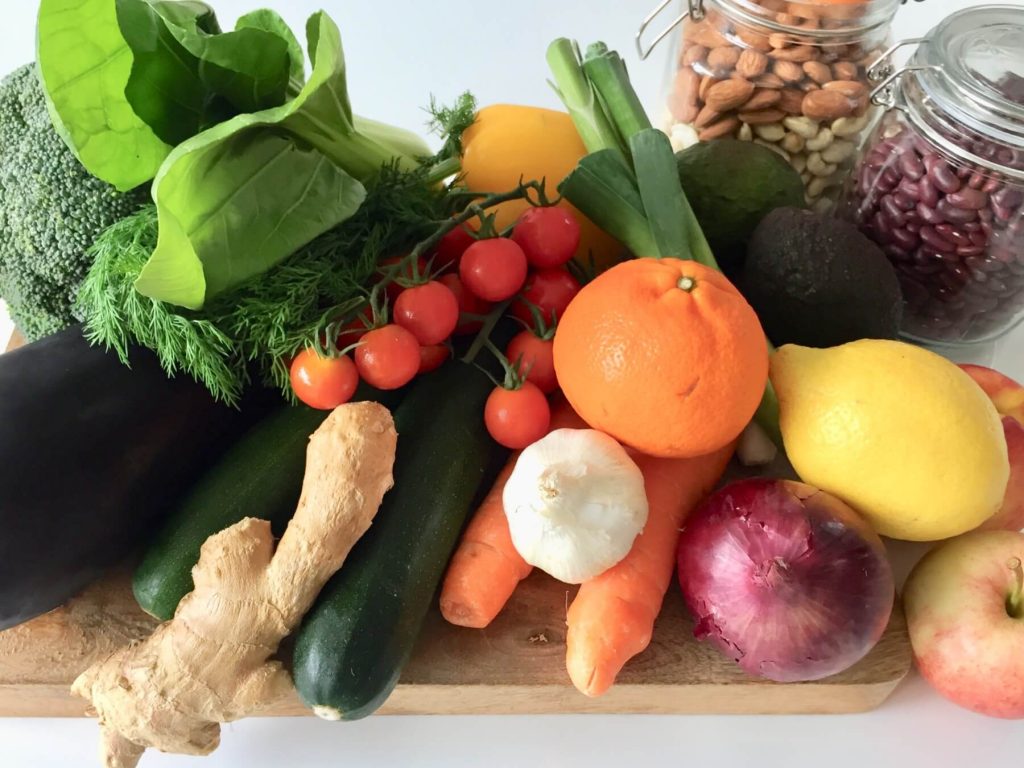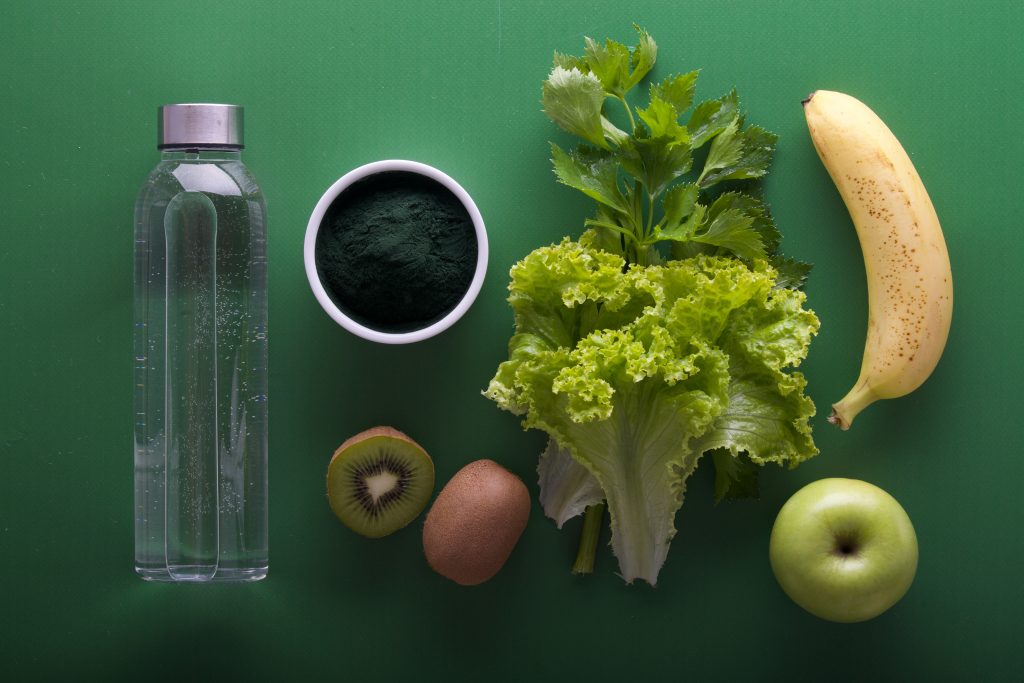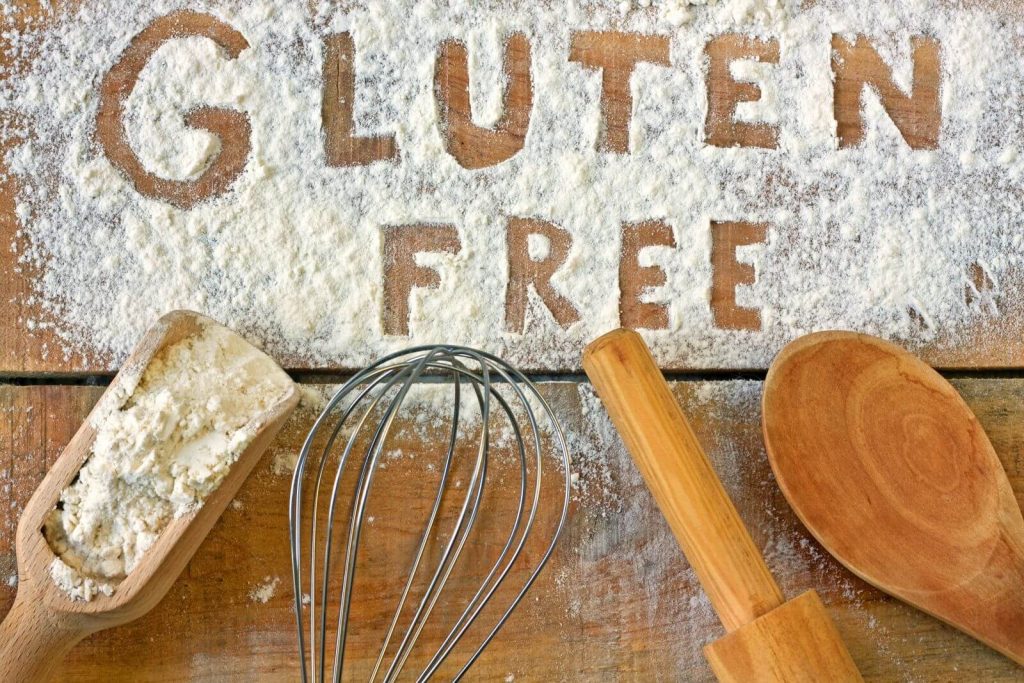Popularity of veganism has been skyrocketing in the last few years, with c.3.5 millions of people in the UK following vegan diet.
Veganism is a stricter form of a vegetarian diet, it does not include any products of animal origin such as meat, dairy, eggs, fish, seafood and honey. Whatever the reasons are for becoming a vegan, it is important to understand health benefits and potential concerns of a vegan diet in order to optimise your health.
While vegan diet tends to be rich in fibre and phytonutrients, it may also cause certain deficiencies.
Vitamin B12
Vitamin B12 is the only nutrient not found in plants. All sources of B12 are of animal origin (e.g. meat, fish, dairy). Therefore, vegans need to look for foods fortified with B12 (e.g. yeast extract, fortified breakfast cereals), or take B12 supplementation. You may not notice symptoms of B12 deficiency straight way, as it may take up to several years to develop. Nevertheless, it is crucial to test your levels regularly to avoid any risk of deficiency.
Protein
Sources of plant protein include soybeans, pulses (chickpeas, beans, peas), grains, nuts and seeds. Plant proteins are not as easily digested and absorbed as animal proteins (70-90% absorption vs. 90-99%). Additionally, with exception of soybeans, plant protein is “incomplete protein”, which means it does not have all essential amino acids.
In order to have adequate and high quality protein intake it is important to:
(i) combine protein sources with each meal to achieve “complete” protein profile (e.g. grains + pulses combination);
(ii) have a variety of protein sources with every meal.
Essential Omega-3 Fatty Acids
The only plant-derived essential fatty acid is alpha-linolenic acid (ALA). ALA-rich foods are flaxseed oil, rapeseed oil, soya oil and soya-based food, and walnuts. Omega-3 deficiency is a common deficiency amongst general population. In vegans, however, this deficiency could be even worse due to inefficient conversion of ALA into longer chain omega-3 acids (such as EPA and DHA). Even if you consume enough ALA-rich foods, it is important to check omega-3 levels regularly. Vegans with low intake of ALA should consider omega-3 supplementation to prevent deficiency.
Calcium
There are plenty of plant-based sources of calcium, such as kelp, chia seeds, kale, turnip and collard greens, almonds, brazils nuts, sunflower seeds, tofu, wheat bran, dried fruits. However, calcium found in plant sources is not as easily absorbed as calcium from animal products. The reason for lower calcium absorption is the presence of phytic and oxalic acids. These are compounds of many grains, seeds, legumes, vegetables, berries and nuts. Phytic acid binds calcium and prevents its absorption in the gut. Oxalic acid increases excretion of calcium.
This means that even if vegans consume plenty of calcium-rich foods, their actual calcium levels may not be optimal. Calcium supplementation and consumption of calcium-fortified foods (e.g. fruit juices, bread) may help achieving optimal intake of this vital nutrient.
Iron
A wide range of plant sources contain iron. These are soybeans, leafy green vegetables, pulses, sesame seeds and dried fruits. However, plant-derived iron is in a form (non-haem iron) that is more difficult to absorb in the gut, than the iron obtained from animal sources (haem iron). Moreover, a vegan diet is rich in compounds (such as oxalic, phenolic, tannic and phytic acids) that further prevent absorption of iron. For example, spinach is rich in oxalates which prevent any iron from being absorbed in the gut.
The good news is that there are also compounds that enhance iron absorption. They are ascorbic acid (vitamin C) and beta-carotene. Fruits and vegetables rich in vitamin C are acerola, chilli and sweet peppers, guava, kale, parsley, broccoli. Beta-carotene rich foods have yellow-to-red pigment and include: apricots, oranges, peaches, carrots, collard greens, yellow and red peppers, squash. In general, beta-carotene has an ability to overcome inhibitory effects of phytic and tannic acids.
Combining iron-rich foods with beta-carotene and vitamin C containing foods is a great way to improve your iron absorption. For example, a meal of lentils and tofu with sautéed sweet and chilli peppers, and kale, topped with sesame seeds could be a good source of bioavailable iron. Iron fortified foods (e.g. breakfast cereals) is another option to ensure optimal intake.
In summary, in order to enjoy all the benefits of vegan diet you have to carefully plan your meals. Eating and combining a variety of vegetables, pulses, nuts, seeds and fruits is a great way to ensure intake of a wide range of nutrients. You should also consider regular testing of key nutrients in the blood to ensure optimal health in long term.




